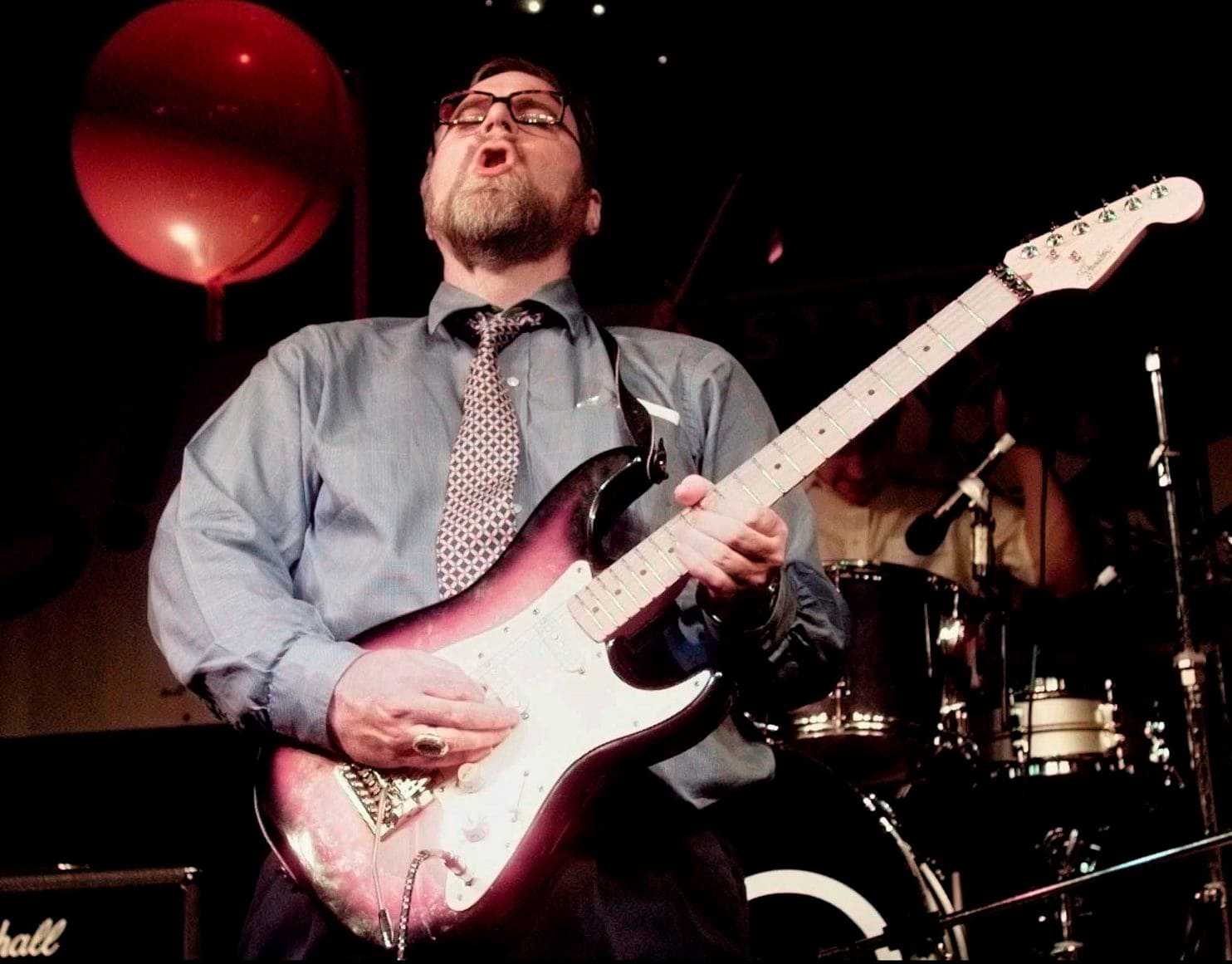Paul Allen’s passions: Rock n’ roll, sports and philanthropy

Personal computers, conservation, pro football, rock n’ roll and rocket ships: Paul G. Allen couldn’t have asked for a better way to spend, invest and donate the billions he reaped from co-founding Microsoft with childhood friend Bill Gates.
Allen used the fortune he made from Microsoft — whose Windows operating system is found on most of the world’s desktop computers — to invest in other ambitions, from tackling climate change and advancing brain research to finding innovative solutions to solve some of the world’s biggest challenges.
“If it has the potential to do good, then we should do it,” Gates quoted his friend as saying.
Allen died Monday in Seattle from complications of non-Hodgkin’s lymphoma, according to his company Vulcan Inc. He was 65. Just two weeks ago, Allen, who owned the NFL’s Seattle Seahawks and the NBA’s Portland Trail Blazers, had announced that the same cancer he had in 2009 had returned.
Gates, who met Allen at a private school in Seattle, said he was heartbroken to have lost one of his “oldest and dearest friends.”
“Personal computing would not have existed without him,” Gates said in a statement, adding that Allen’s “second act” as a philanthropist was “focused on improving people’s lives and strengthening communities in Seattle and around the world.”
Over his lifetime, Allen gave more than $2 billion to efforts aimed at improving education, science, technology, conservation and communities.
“Those fortunate to achieve great wealth should put it to work for the good of humanity,” Allen wrote several years ago, when he announced that he was giving the bulk of his fortune to charity. He said that pledge “reminds us all that our net worth is ultimately defined not by dollars but rather by how well we serve others.”
Allen, who played guitar, built a gleaming pop culture museum in his hometown to showcase his love of rock n’ roll, and funded underwater expeditions that made important shipwreck discoveries, including a U.S. aircraft carrier lost during World War II.
Yet in a sense, Allen also lived up to the moniker once bestowed on him by Wired Magazine: “The Accidental Zillionaire .” He was a programmer who coined Microsoft’s name and made important contributions to its early success, yet was overshadowed by his partner’s acerbic intellect and cutthroat business sense.
At the company’s founding, for instance, Allen let Gates talk him into taking the short end of a 60-40 ownership split. A few years later, he settled for an even smaller share, 36 percent, at Gates’ insistence. Reflecting on that moment In his memoir, Allen concluded that he might have haggled more, but realized that “my heart wasn’t in it. So I agreed.”
Source: https://www.washingtonpost.com